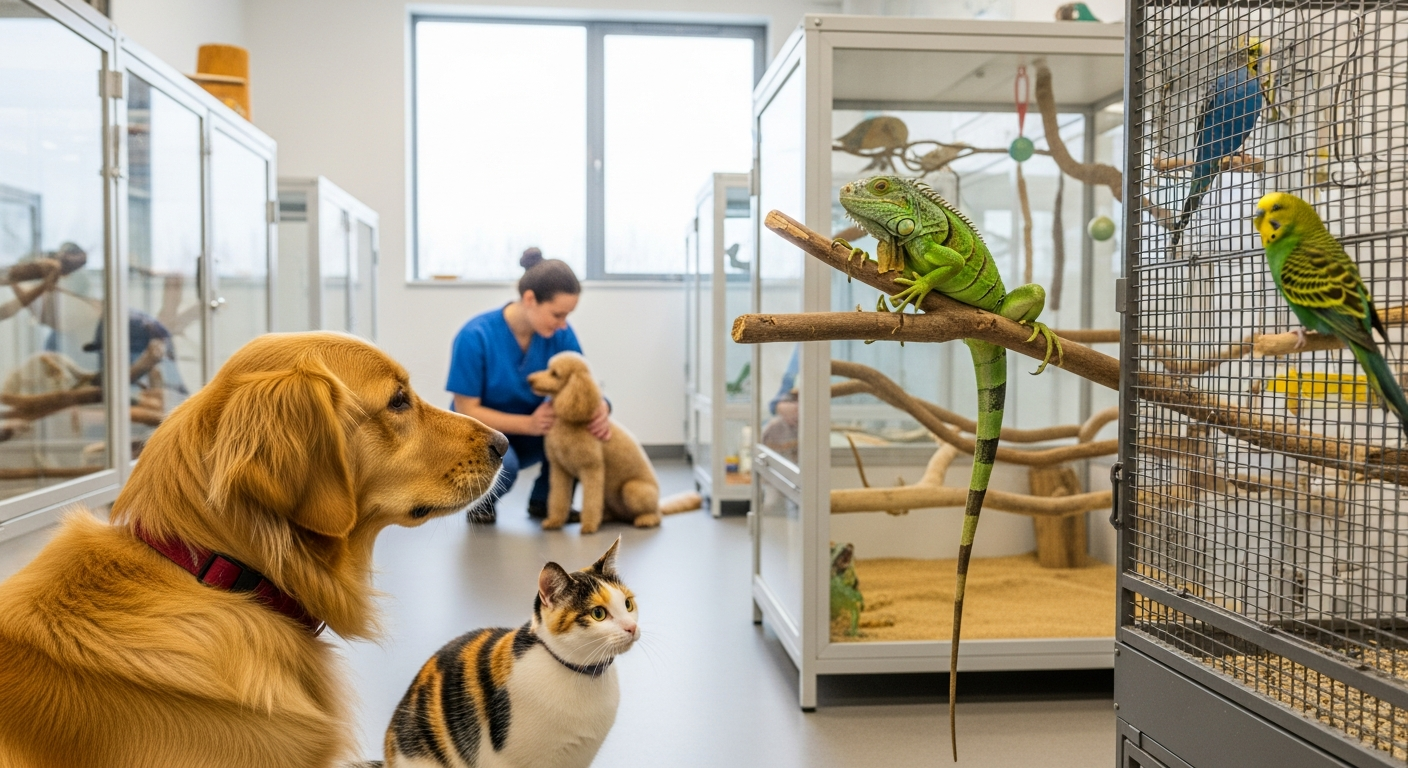Bridging Generational Gaps: The Power of Intergenerational Connections in Society
In an era where society seems more divided than ever, one factor that often gets overlooked is the division between generations. How can we bridge this gap and foster understanding and harmony amongst different age groups? Read below to explore the power and potential of intergenerational connections.

Background and Historical Context
Once upon a time, multiple generations living under one roof was the norm. This arrangement allowed for a constant exchange of knowledge, skills, and shared experiences. However, in the last century, societal changes dramatically shifted this household structure, leading to the rise of nuclear families and a widening gap between generations.
The Industrial Revolution played a significant role in this shift. As more people moved to cities for work, families grew apart physically and culturally. This trend continued into the 20th century, exacerbated by rapid technological advancements, differing political views, and changing societal norms.
Current Societal Trends and Cultural Shifts
Recently, there’s been a resurgence of interest in bridging generational gaps. This trend is partly driven by the recognition of the unique challenges faced by each generation and the potential benefits of intergenerational understanding.
For instance, the baby boomer generation, born post-World War II, grew up in an era of unprecedented economic growth, while millennials, born between 1981 and 1996, entered adulthood during a global recession, grappling with economic instability and high levels of student debt.
Despite these differences, there is a growing realization that each generation has valuable insights and experiences to share. Bridging the gap could foster mutual respect and understanding, reducing generational conflict and promoting societal harmony.
The Significance of Intergenerational Connections
Intergenerational connections offer valuable benefits for individuals and society as a whole. For younger generations, interaction with older adults provides an opportunity to gain wisdom, life skills, and historical perspective. For older adults, engaging with younger generations can provide a sense of purpose, reduce feelings of isolation, and offer opportunities to learn about new technologies and trends.
Moreover, these connections can strengthen community bonds and foster a sense of belonging. Research has shown that communities with strong intergenerational engagement are more resilient and have better overall well-being.
Reimagining Intergenerational Connectivity
While some societal structures hinder intergenerational connections, innovative strategies are emerging to foster these relationships. For instance, intergenerational living programs are connecting seniors with younger adults in shared living arrangements, providing mutual benefits.
Additionally, schools and community centers are creating programs that bring together different generations for shared learning experiences. These initiatives aim to challenge age stereotypes, foster mutual respect, and build stronger, more cohesive communities.
The Future of Intergenerational Connections
As society moves forward, it’s essential to continue fostering intergenerational connections. By understanding and valuing the experiences of all generations, we can create a more inclusive, empathetic, and harmonious society.
While challenges persist, the potential benefits of intergenerational understanding are immense. As we navigate the complexities of the modern world, the wisdom of the past, the innovation of the present, and the potential of the future can come together to guide us towards a better, more unified society.






